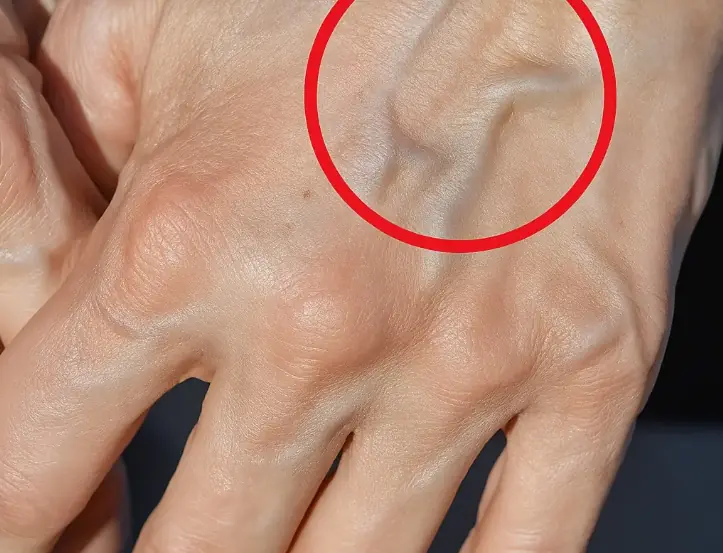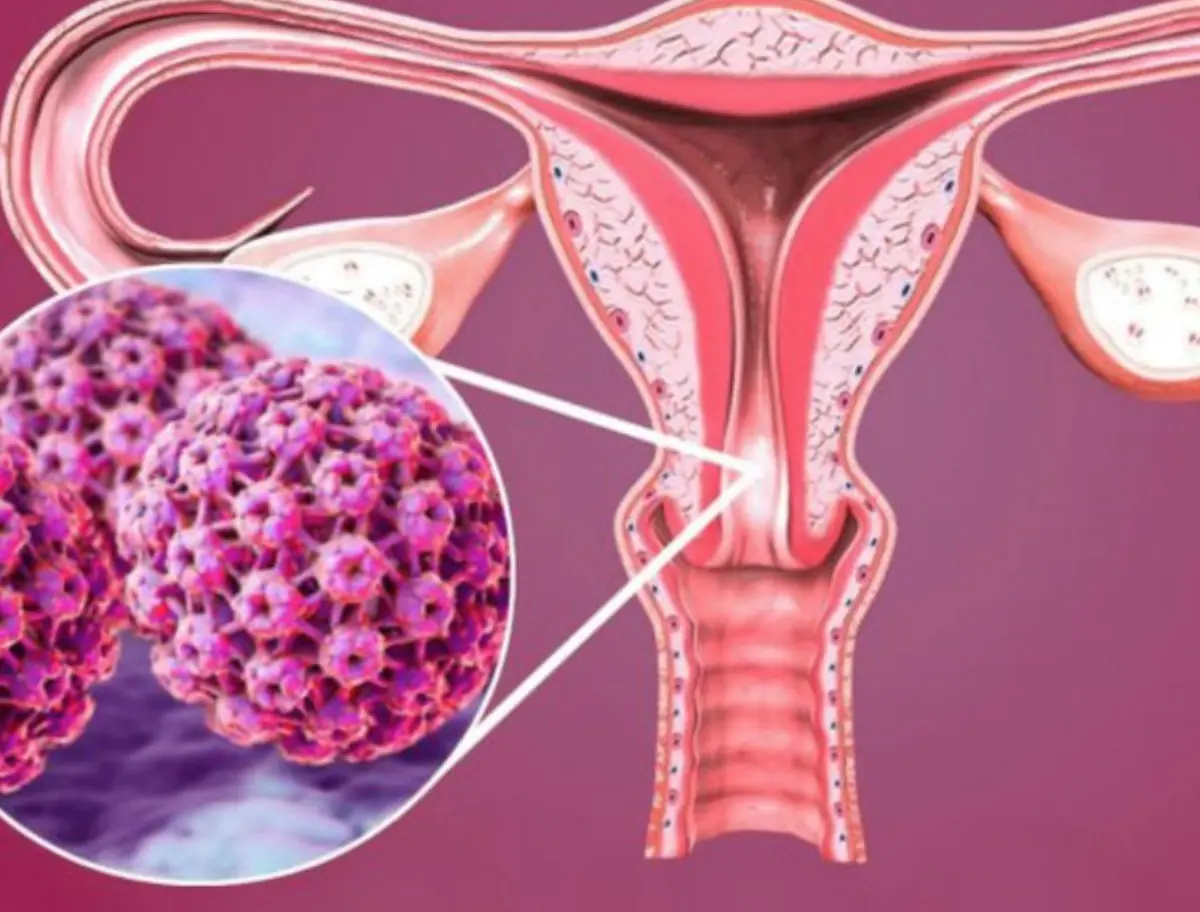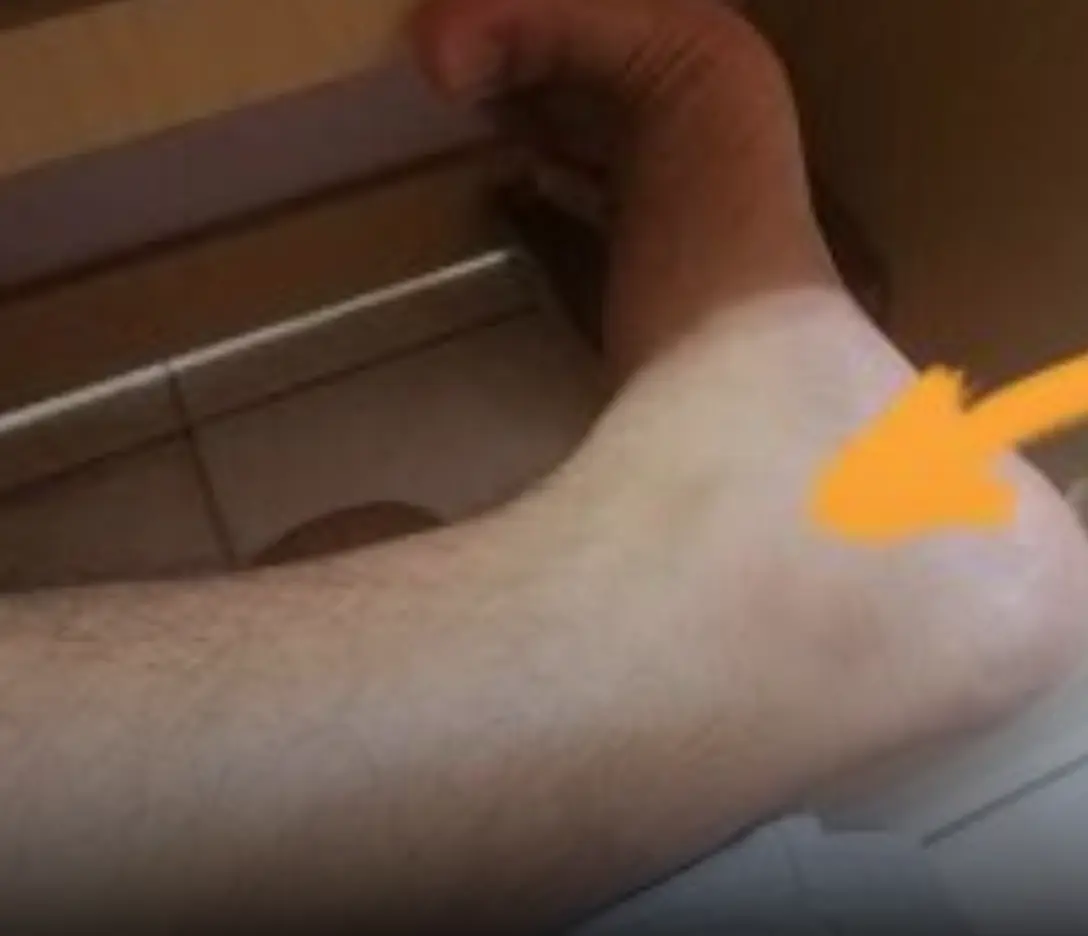
Signs of Omega-3 deficiency you should not ignore
Signs of Omega-3 Deficiency You Should Not Ignore
Omega-3 fatty acids are essential nutrients that play a vital role in maintaining overall health. They are important for brain function, heart health, reducing inflammation, and supporting skin, eye, and joint health. Our bodies cannot produce Omega-3 on their own, so we must obtain them through diet or supplements. Unfortunately, many people do not consume enough Omega-3, which can lead to a variety of health issues. Recognizing the signs of Omega-3 deficiency is important to prevent long-term complications.
1. Dry Skin and Hair
One of the common signs of Omega-3 deficiency is dry, flaky skin and brittle hair. Omega-3 helps maintain the skin’s natural oil barrier, which is crucial for keeping skin hydrated and healthy. Without enough Omega-3, the skin loses moisture and can become rough and irritated.
2. Fatigue and Poor Concentration
Omega-3 fatty acids, especially DHA, are vital for brain function. Low levels can cause symptoms such as fatigue, brain fog, and difficulty concentrating. People with Omega-3 deficiency may feel mentally sluggish or have trouble focusing on tasks.
3. Joint Pain and Stiffness
Omega-3 has anti-inflammatory properties that help reduce joint pain and stiffness, especially in conditions like arthritis. Deficiency may increase inflammation in the body, leading to discomfort in the joints and muscles.
4. Mood Swings and Depression
Research has shown that Omega-3 plays a role in regulating mood and mental health. A lack of Omega-3 fatty acids has been linked to increased risk of depression, anxiety, and mood swings. People with low Omega-3 levels might experience feelings of sadness or irritability more frequently.
5. Poor Vision or Eye Dryness
Omega-3 is important for eye health, particularly in maintaining the retina. Deficiency can result in dry eyes, blurred vision, or other visual disturbances. Long-term lack of Omega-3 may increase the risk of eye diseases.
6. Slow Wound Healing
Since Omega-3 helps control inflammation and supports immune function, a deficiency may cause wounds to heal more slowly. You might notice cuts or bruises take longer to recover.
7. Frequent Infections
Omega-3 supports the immune system. A shortage can weaken your body's ability to fight off infections, leading to more frequent colds, flu, or other illnesses.
How to Ensure Adequate Omega-3 Intake
To avoid deficiency, include Omega-3-rich foods in your diet. Fatty fish like salmon, mackerel, and sardines are excellent sources. Plant-based options include flaxseeds, chia seeds, walnuts, and hemp seeds. For those who do not consume enough through food, Omega-3 supplements such as fish oil or algae oil capsules may be beneficial.
When to See a Doctor
If you experience several of the above symptoms persistently, it is advisable to consult a healthcare professional. They can assess your Omega-3 levels through blood tests and recommend appropriate dietary changes or supplements.
Conclusion
Omega-3 fatty acids are crucial for many bodily functions. Recognizing the signs of deficiency early can help you take action to improve your health and prevent more serious problems. Maintaining a balanced diet rich in Omega-3 is key to staying healthy and feeling your best.
News in the same category


These 5 Common Habits Are Actually Very Harmful to Your Brain, But You Do Them Every Day

Common foods you should limit storing in the fridge — and why

Di.ed of a Stroke During the Night: 5 Things You Should Never Do in the Evening

Why don't houses in America have fences and bars to prevent theft?

When to Worry About Veins That Appear Out of Nowhere

Ca.nc.er cells love these 3 flavors the most many people are sh.o.cked to realize they eat them every single day

People with Blo.od Clots Often Experience 4 Unusual Symptoms While Walking

If You Love Napping During the Day, This Is for You!

4 air conditioner installation locations do more harm than good

Soong Mei-ling Lived Past 100 Despite Can.cer: Her Two Favorite Drinks Are Still Popular Today

5 foods you should never keep overnight

5 types of vegetables that help detoxify and lower liver enzymes

4 everyday fruits doctors warn could fuel can.cer growth

5 early warning signs of cervical can.cer

Secret to longevity: 3 eating habits that helped an old woman live to 118 years old

How your feet can reveal early signs of dia.betes

Great effects of drinking coconut water on an empty stomach for 7 days, the results will surprise you

Orange juice is nutritious but there are 5 groups of people who should not drink it

A Man Di.ed of Colon Can.cer Despite Going to Bed Early, Waking Up Early, and Walking Daily
News Post

The bikers were there for their brother’s final chemotherapy when the toddler’s screams echoed through the oncology ward and wouldn’t stop

Emergency signs that the GAS CYLINDER will explode after 10 minutes, run far away to avoid danger

Don’t Rush to Choose the Biggest Crab

Boil Pork Stomach with This Secret Ingredient

An Item Once Considered Worthless and Ignored Is Now Being Bought for Over $1,000

5 Habits That Shorten Men's Lifespan: Smoking Only Ranks 4th

My Stepmom Wanted Me to Stop Wearing the Pendant My Late Mother Gave Me Because It Was Cheap – But Karma Had Other Plans

The healing power of tea: A journey through the world of herbs

My Sister Borrowed My House to Celebrate Her Son's 7th Birthday – After What She Did to My House, I Cut off Our Relationship

The Japanese secret to drying thick clothes quickly

These 5 Common Habits Are Actually Very Harmful to Your Brain, But You Do Them Every Day

Why does the air conditioner smell bad when you turn it on?

Insert a piece of paper into the refrigerator door: An amazing tip to save a lot on your electricity bill

Common foods you should limit storing in the fridge — and why

When eating tomatoes, never eat them with these 4 foods. It's not too late to know now

Di.ed of a Stroke During the Night: 5 Things You Should Never Do in the Evening

Her Daughter Vanished from a Mall Bathroom — Four Years Later, She Saw Something on the Beach That Changed Everything

Why don't houses in America have fences and bars to prevent theft?

When to Worry About Veins That Appear Out of Nowhere
